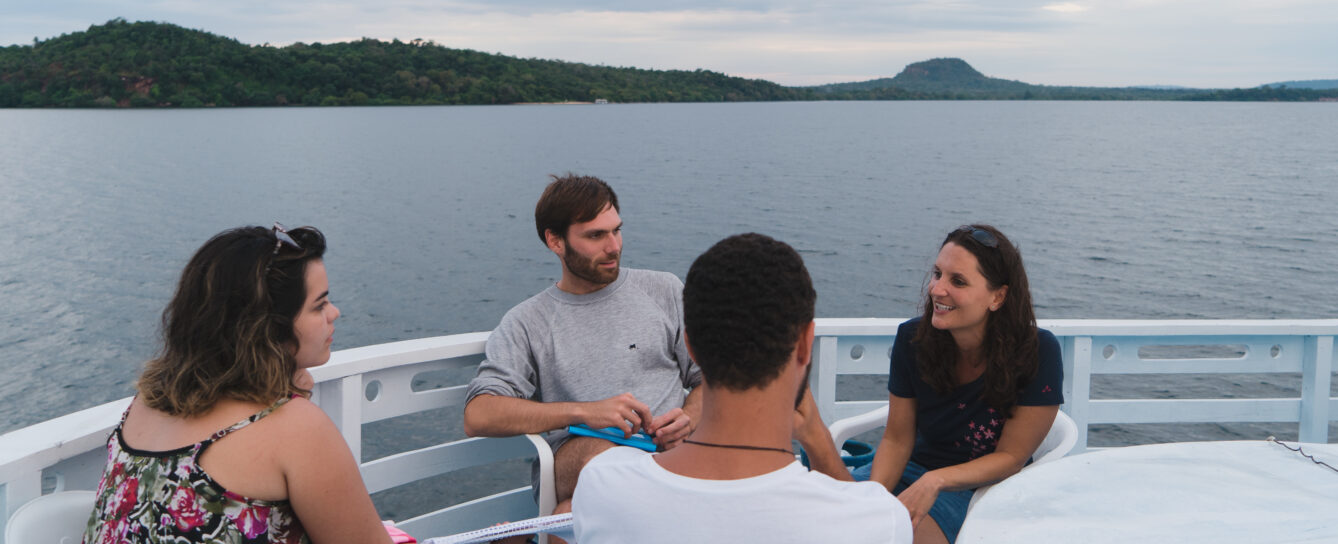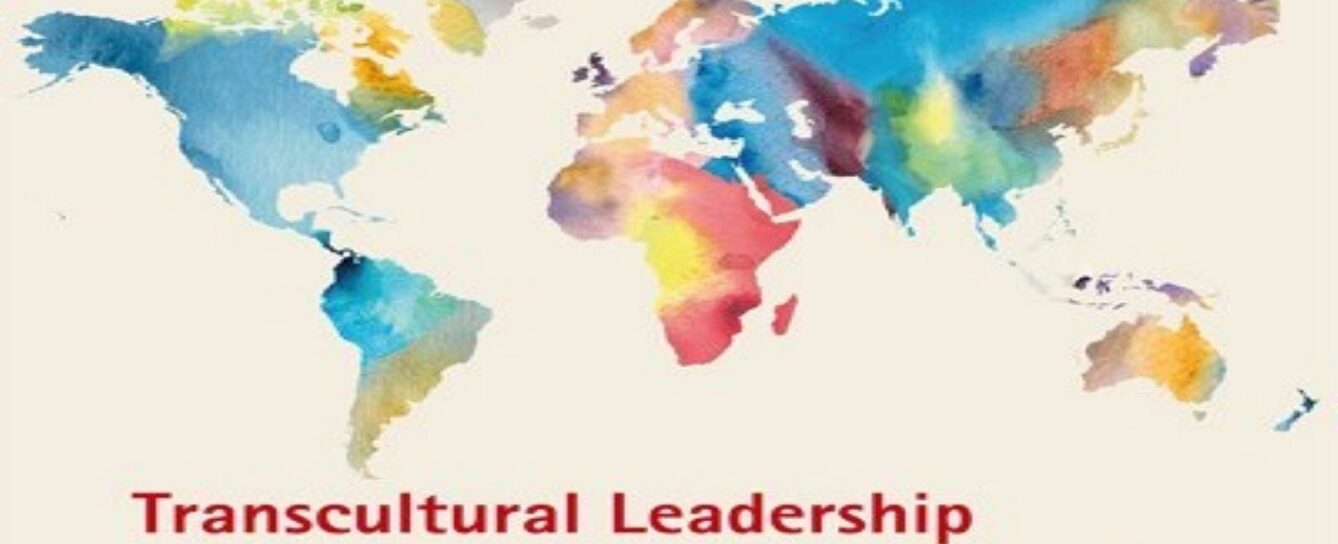How can the concept of transculturality be applied to the work of the Hope Development Initiative, helping women farmers in Uganda?The starting point of this research project was a talk by Dr Agnes Atim Apea, founder and CEO of the Hope Development Initiative (HDI), at the Transcultural Leadership Summit 2017 at Zeppelin University. At this Summit on “Learning about Sub-Saharan Africa”, Dr Apea presented her work with the HDI. Her talk spontaneously gave rise to ideas on how to take her thoughts further within the context of transcultural research. As a social-entrepreneurship initiative, HDI helps women farmers in northern rural Uganda realise their full potential, based upon the values of their communities and their own ambitions. With a view to this purpose, HDI encapsulates several topics relevant for the research agenda pursued by LEIZ, centered upon the notions of culture, leadership and cooperation. As the concept of ‘community’ is an important part of transculturality, we want to examine this concept in the case of the HDI further.







